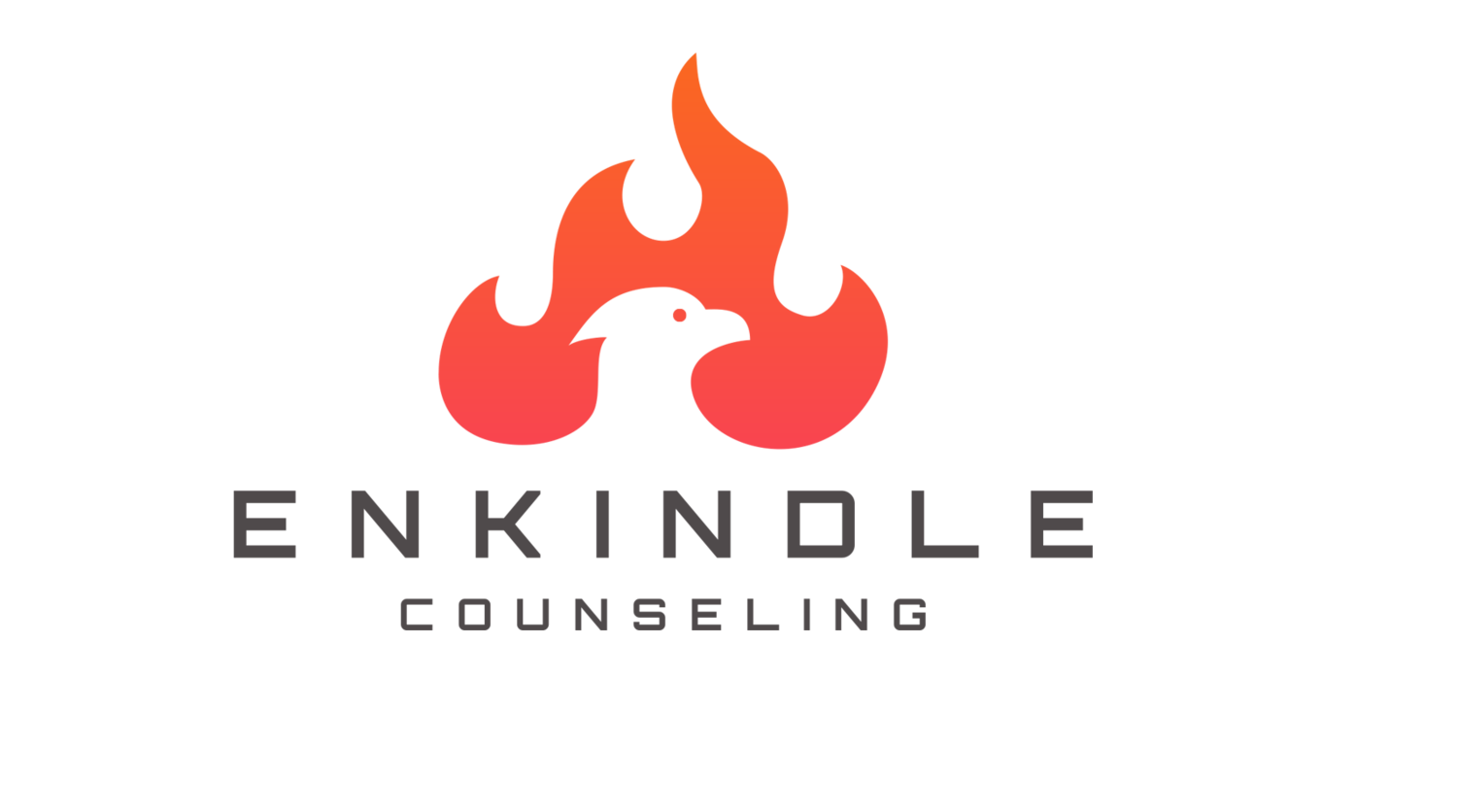Confronting Oppression
I am committed to social justice and equity, I believe it is essential to confront oppression in all its forms. Oppression manifests on multiple levels—ideological, institutional, interpersonal, and internal—and addressing each facet is crucial for fostering individual and collective well-being. In this blog post, we'll explore the importance of confronting oppression and the value it holds in promoting a more just and equitable society.
Understanding Oppression
Oppression refers to the systematic mistreatment, marginalization, and exploitation of certain groups based on their identities, such as race, ethnicity, gender, sexual orientation, socioeconomic status, or disability. Oppression operates on various levels, perpetuated through ideological beliefs, institutional policies and practices, interpersonal interactions, and internalized biases.
Ideological Oppression
Ideological oppression encompasses the beliefs, attitudes, and narratives that perpetuate discriminatory ideologies and stereotypes. These ideologies reinforce power imbalances and contribute to the devaluation and marginalization of certain groups. Confronting ideological oppression involves challenging biased beliefs, promoting critical consciousness, and fostering empathy and understanding across diverse perspectives.
Institutional Oppression
Institutional oppression refers to the systemic inequalities embedded within social, political, and economic structures. These structures perpetuate disparities in access to resources, opportunities, and rights, disproportionately impacting marginalized communities. Confronting institutional oppression requires dismantling discriminatory policies and practices, advocating for equitable policies, and promoting institutional accountability and transparency.
Interpersonal Oppression
Interpersonal oppression occurs through individual interactions, behaviors, and microaggressions that reinforce power dynamics and perpetuate harm. These interactions may take the form of discriminatory remarks, gestures, or behaviors that marginalize and demean others. Confronting interpersonal oppression involves promoting inclusive communication, challenging biased attitudes and behaviors, and fostering respectful and empathetic relationships.
Internal Oppression
Internal oppression refers to the internalization of societal biases and stereotypes, leading individuals to internalize negative beliefs about themselves or their identity group. This internalized oppression can manifest as low self-esteem, internalized shame, and a sense of inferiority or unworthiness. Confronting internal oppression involves fostering self-awareness, challenging internalized biases, and promoting self-acceptance and empowerment.
The Value of Confronting Oppression
Confronting oppression is essential for several reasons:
Promoting Social Justice: Confronting oppression is central to promoting social justice and equity by challenging systems of power and privilege that perpetuate inequality and marginalization.
Fostering Empowerment: Confronting oppression empowers individuals and communities to reclaim their agency, voice, and dignity in the face of discrimination and injustice.
Building Solidarity: Confronting oppression fosters solidarity and collective action among marginalized communities, amplifying their voices and advocating for systemic change.
Promoting Healing: Confronting oppression is a form of collective healing that acknowledges and validates the experiences of those who have been marginalized and oppressed.
Cultivating Accountability: Confronting oppression holds individuals, institutions, and systems accountable for their role in perpetuating discrimination and injustice, fostering accountability and transparency.
Embracing Collective Responsibility
Confronting oppression is not only a moral imperative but also a necessary step towards creating a more just and equitable society. By addressing ideological, institutional, interpersonal, and internal oppression, we can foster empowerment, healing, and solidarity among individuals and communities. As a clinician, I am committed to promoting awareness, dialogue, and action to confront oppression and create a world where all individuals are valued, respected, and empowered to thrive.
